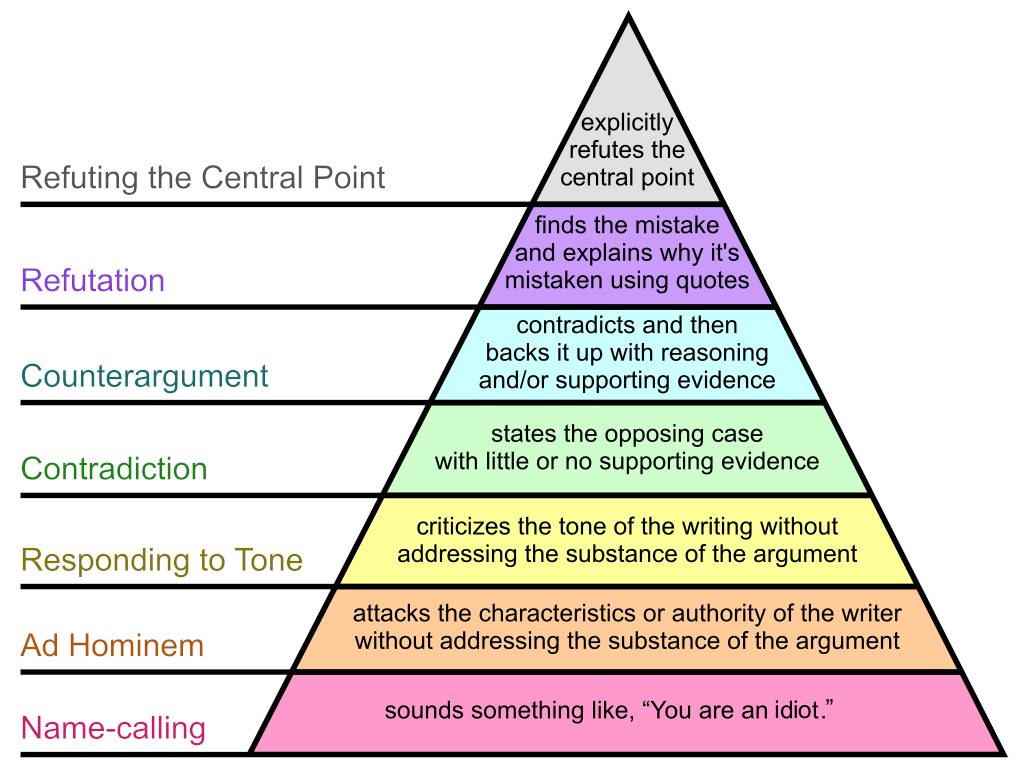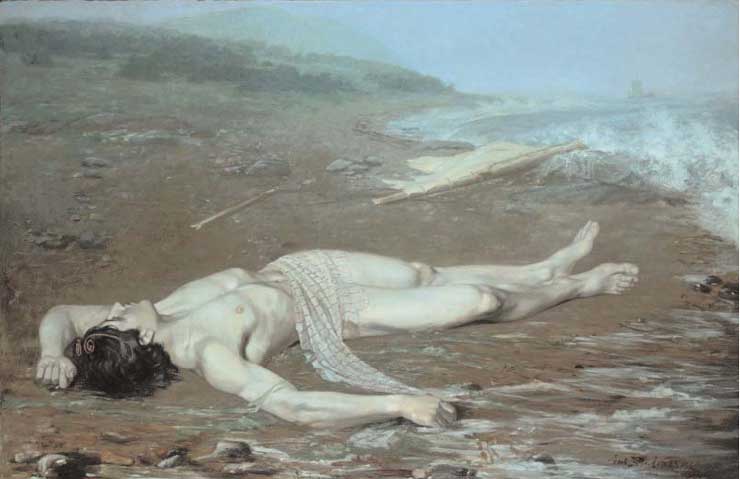A pleasing little detail: In Arthur C. Clarke’s 1946 story “Rescue Party,” a federation of aliens visit Earth immediately before the sun explodes, hoping to rescue its inhabitants. To their surprise, they don’t find us (it turns out we’ve fled the planet), and they comb our deserted civilization.
The explorers were particularly puzzled by one room — clearly an office of some kind — that appeared to have been completely wrecked. The floor was littered with papers, the furniture had been smashed, and smoke was pouring through the broken windows from the fires outside.
T’sinadree was rather alarmed.
‘Surely no dangerous animal could have got into a place like this!’ he exclaimed, fingering his paralyzer nervously.
Alarkane did not answer. He began to make that annoying sound which his race called ‘laughter.’ It was several minutes before he would explain what had amused him.
‘I don’t think any animal has done it,’ he said. ‘In fact, the explanation is very simple. Suppose you had been working all your life in this room, dealing with endless papers, year after year. And suddenly, you are told that you will never see it again, that your work is finished, and that you can leave it forever. More than that — no one will come after you. Everything is finished. How would you make your exit, T’sinadree?’
The other thought for a moment.
‘Well, I suppose I’d just tidy things up and leave. That’s what seems to have happened in all the other rooms.’
Alarkane laughed again.
‘I’m quite sure you would. But some individuals have a different psychology. I think I should have liked the creature that used this room.’
No explanation is given. “His two colleagues puzzled over his words for quite a while before they gave it up.”




